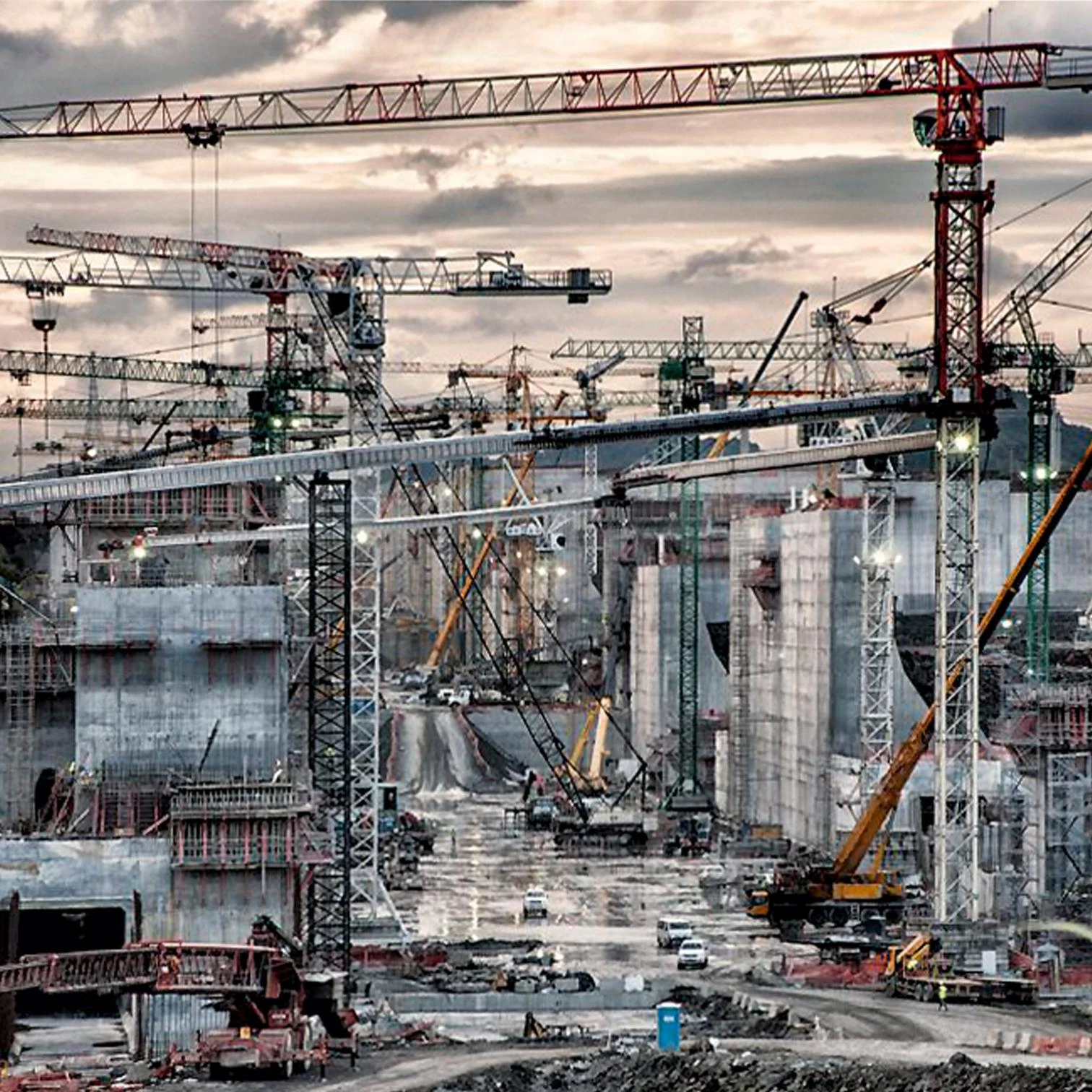On Cost and Overruns
Why no Foreign Building Companies in Spain?

The palindrome ‘A man, a plan, a canal: Panama’ is current news thanks to the billions being claimed in cost overruns by the consortium executing the work, led by Sacyr.
Circumstances may indeed have come about that make it impossible to finish the works at the price first agreed on. However, after learning the amount of the winning bid, much lower than those of the other two, many experts declared it impossible to build the canal at the price.
The construction sector is a special sector, one where forecasts are harder to make than in other, more technified sectors of industry, but the execution costs and deadlines of buildings do not randomly oscillate between zero and infinity.
The remaining risks can be shared by the client and the contractor. At one extreme, when the client acts as construction manager, it assumes all variations, for good or for bad. At the other extreme, as in turnkey contracts or in concessions, the constructor cannot pass on cost overruns to others.
The contracting procedure used in Spain for public works, and by inertia also private works, is known as open re-measurement contract. The client pays the agreed price per unit of work, but this is applied to the quantity actually executed, which tends to exceed that calculated in the project. What is the allowable difference between the two magnitudes? Uncertainty about the subsoil can run high, but is it normal for number of elevators to fall short? As a measure, legislation admits a 10% increase in all and each one of the units of work, and this is commonly known as ‘liquidation‘.
Moreover, the constructor can charge for all the changes he deems necessary that were not predicted in the project, and which give rise to the famous variation orders. Legislation historically fixed a 20% increase for these, but in the Law of Sustainable Economics of 2011, after pressures from Brussels and when there was no more money left for construction works, this fell to 10%.
There is more to it. Another increase is allowed in each work: the ‘additional’ project, meaning additions to the original project which are commissioned to the same party with little paperwork. The 20% for this good cause rose to 50% by virtue of the above-mentioned law, surely to compensate for the previous drop.
Since many units of work necessary for these changes do not figure in the initial contract, the prices have to be negotiated during execution, when the constructor has an edge. Not to mention that the legal demands of these cost overruns are not always complied with to the letter.
In short, the acceptable cost overrun percentage, if well negotiated, has been 50%, and constructors have always tried to stay as close to that as possible. This percentage is so accepted as standard that it was publicly said that a work like the M-30 motorway in Madrid had an overrun of only 10% , although in truth it was 60%.
The result we know only too well. Companies present quotes with huge discounts because they know that these will be compensated for many times over in the course of execution of the work. As approval of changes is easier to come by for well connected big corporations, small enterprises are left out and foreign firms do not even dare. Hence the strange and silenced situation of there being not a single foreign contractor operating in Spain.
The system has been maintained because, for reasons lying outside the scope of this essay, it benefits other agents as well; everyone but the regular tax-paying citizen. Problem is, this does not work outside Spain.





